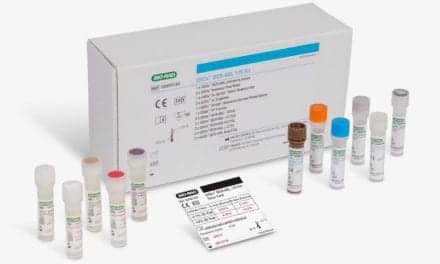This is a companion article to the feature “Reducing the Diagnostic Odyssey.”
Clinical metagenomics has important applications beyond patient care in a medical setting. An ongoing challenge in infectious disease-focused clinical trials is identifying patients who have the specific pathogen being targeted by the experimental therapeutic. On a related front, it is helpful to identify patients who might be coinfected with that pathogen and something else, which could confound trial data.
In the era of clinical metagenomics, those challenges become less daunting. The metagenomics workflow can be used to test prospective trial participants for the specific pathogen of interest. In addition to detecting the presence of the pathogen, the metagenomics approach is better suited to avoiding false positives triggered by closely related species, a problem known to occur with PCR-based and other conventional assays.
Locus Biosciences, Morrisville, NC, a biotech company focused on using the CRISPR/Cas system to develop precision antimicrobials, plans to apply the clinical metagenomics approach for trials of its candidate drug LBx-PA01. The therapeutic targets Pseudomonas aeruginosa, which may cause ear or eye infections among healthy people but can be much more severe for hospitalized patients or people with compromised immune systems. A companion diagnostic based on clinical metagenomics would allow Locus to identify in patient samples and ensure that the clinical trial targets people most likely to benefit from the medication. If the trials are successful and LBx-PA01 is approved for use, the same diagnostic test could be applied for patients in healthcare settings.
By using clinical metagenomics instead of conventional assays, organizations such as Locus Biosciences can also increase the likelihood of identifying patients with more complex colonization profiles, such as undiagnosed coinfections that could compromise the results of a clinical trial. Winnowing these cases out before the trial is important for making sure that trial results offer the most accurate reflection of how infected patients respond to an experimental therapy.




